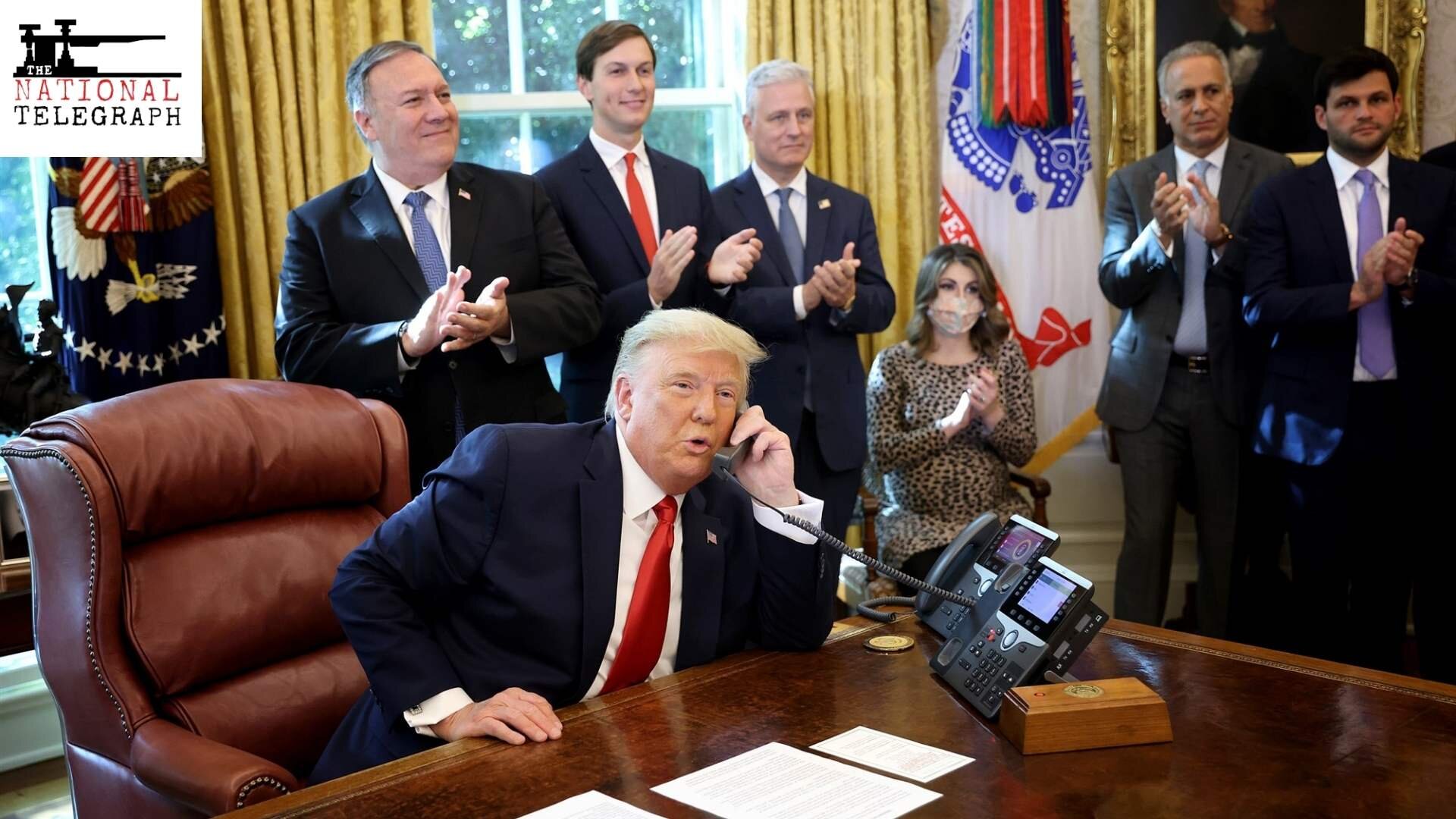Written By Yehuda Steiner, Posted on October 24, 2020

The White House announced today that Israel and Sudan will be normalizing relations. This will make Sudan the third Arab country to announce relations since August. From the creation of Israel in 1948 until this year, only two Arab countries had established ties with Israel.
Egypt in exchange for the return of the Sinai Peninsula conquered by Israel in the 1967 Six-Day War signed a treaty in 1979. In 1994, Prime Minister’s Abdul-Salam Majali and Yitzchak Rabin, of Jordan and Israel respectively, signed a peace treaty stemming from negotiations originally intended to resolve the Israel-Palestine conflict. The peace has long been regarded as a cold one by both sides.
Six Day War
These new deals by Trump, aside from the significance of being “peace for peace” as opposed to “peace for land” as the earlier ones were, are in the hopes of establishing warm relations between the respective countries. Already it has been confirmed that Israelis and Emiratis will be able to visit each other’s countries visa-free for up to 90 days.
Sudan declared war on Israel during the 1948 War of Independence and again during the 1967 War. Sudanese forces were also sent to participate in the 1973 Yom Kippur War, although they arrived too late to join the fighting. Under British rule during the 1950’s they had trade relations with Israel.
Trump announced that Sudan will be removed from the terrorist sponsor list, if it follows through with it’s pledge to pay $335 million to the families of the 1998 East Africa US Embassy bombings. The removal from the State Sponsor of Terrorism list was a deal breaker for Sudan making peace with Israel. In 2017 a Federal Appeals Court upheld a 2014 ruling that Sudan was responsible, due to material support that they had provided for Al-Qaeda. Iran was included in the original court filings in 2001, but they refused to show up and were entered in a default judgement in 2003.
According to sources, Sudan will designate Hezbollah a terrorist group as part of the agreement. Sudan had a close relationship with the Islamic Republic of Iran until September of 2015 when they ordered all Iranian assets out of the country, supposedly out of concern that Tehran was trying to spread Shi’a Islam.
Hezbollah Militants
In reality, they realized they were on the losing side of the fight, against their neighbouring Sunni states and were sending a signal to Riyadh that they were open for business. They joined the Saudi-led coalition in Yemen in 2015 and have fought the Iran-backed Houthi rebels there. Saudi Arabia and the UAE have an interest in keeping Sudan close, for fear that they may fall back onto the side of Iran.
This deal will open the door for investment and aid from Israel to Sudan, which will be especially important to the struggling country, currently going through a transition to democracy. Once again, Trump has shown that he is able to bring peace to a troubled region of the world, in ways previously thought impossible.
Very well presented. Every quote was awesome and thanks for sharing the content. Keep sharing and keep motivating others.